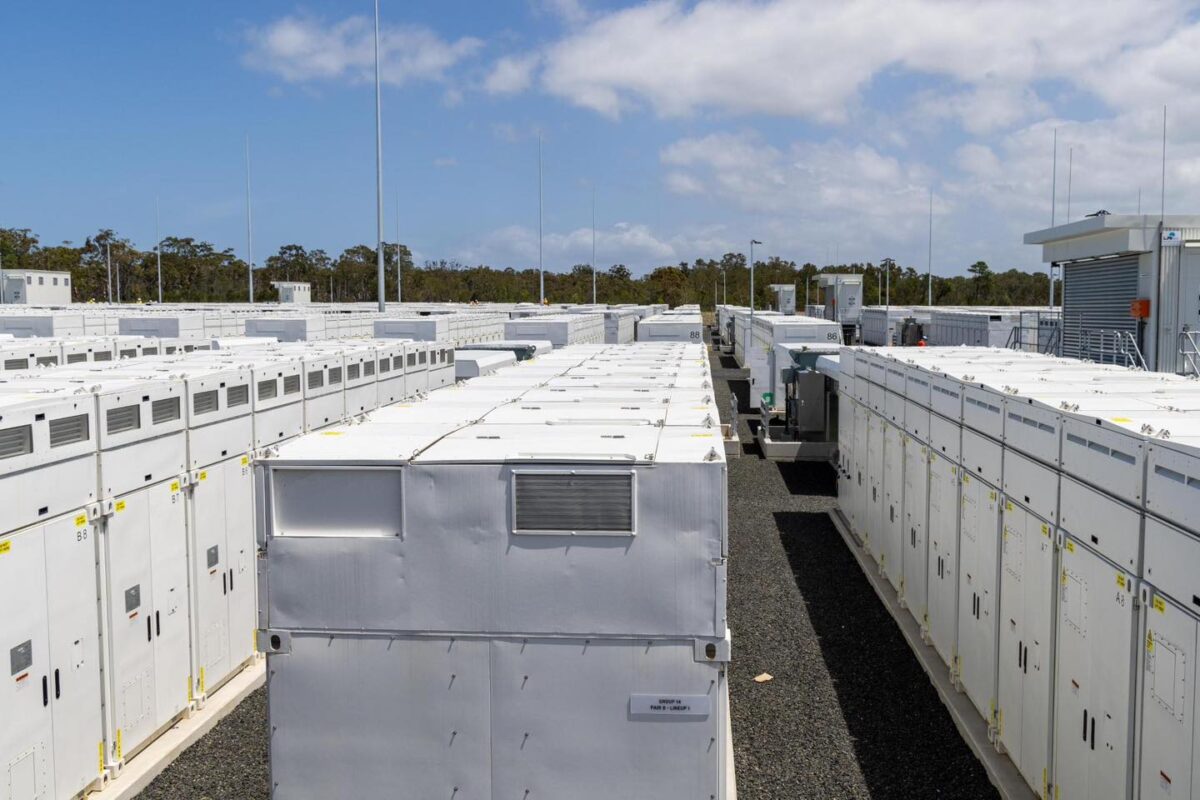The New South Wales (NSW) government has announced the first Investment Mandate for the $1 billion (USD 640 million) Energy Security Corporation (ESC), outlining key priorities for the state-owned body that will invest alongside private industry in renewable energy projects.
The ESC, which is intended to co-invest with the private sector rather than targeting outright ownership of renewable energy assets, will initially focus on battery energy storage, pumped hydro, system security and network infrastructure, and community energy generation, storage and end-use equipment.
“The key priorities for investment include short- to long-duration storage projects that capture excess renewable energy, to maximise use of electricity generated from solar and wind,” the NSW government said in a statement.
“It will also cover projects that will upgrade infrastructure to ensure smooth operation of the grid coordinate and consumer energy resources in households, businesses and the community, such as virtual power plants.”
NSW Energy Minister Penny Sharpe said the ESC, which is expected to function in a similar manner to the federal Clean Energy Finance Corporation (CEFC), will help build a more reliable energy system and will work with the private sector to “plug investment gaps” in the market.
“NSW will invest $1 billion in critical projects to deliver more affordable, clean and reliable energy to homes and businesses across the state,” she said.
“After a decade of privatisation, the Energy Security Corporation gives the people of NSW the chance to invest in their energy system.”
The NSW government says the release of the Investment Mandate is a key milestone for the ESC, allowing it to begin investigating investment opportunities.
Newly announced ESC Chief Executive Officer Paul Peters, a founder and former head of advisory firm Novo, said the aim of the state-owned green bank will be to direct capital where it is needed most to create an electricity network that helps NSW meet its emission reduction targets.
“AEMO’s latest market report highlights the urgent need for new transmission infrastructure and long-duration storage to ensure grid stability as the renewable transition accelerates,” he said.
“The ESC is committed to playing a key role in addressing these challenges, and I look forward to working closely with industry partners to deliver the infrastructure NSW needs for a secure and sustainable electricity network.”
The state said it expects to soon appoint the inaugural ESC board.
This content is protected by copyright and may not be reused. If you want to cooperate with us and would like to reuse some of our content, please contact: editors@pv-magazine.com.









The Federal Liberal Government will send this country backwards another 20 yrs with their outdated policies they were in power for a decade and done nothing. They negatively demonise every sensible scientific policy just to remain in power to satisfy vested interesterests The party is out of date and not for the country anymore and don’t govern for everyone .
Gee the panelling on that end cubicle looks like it had a tough trip to site!